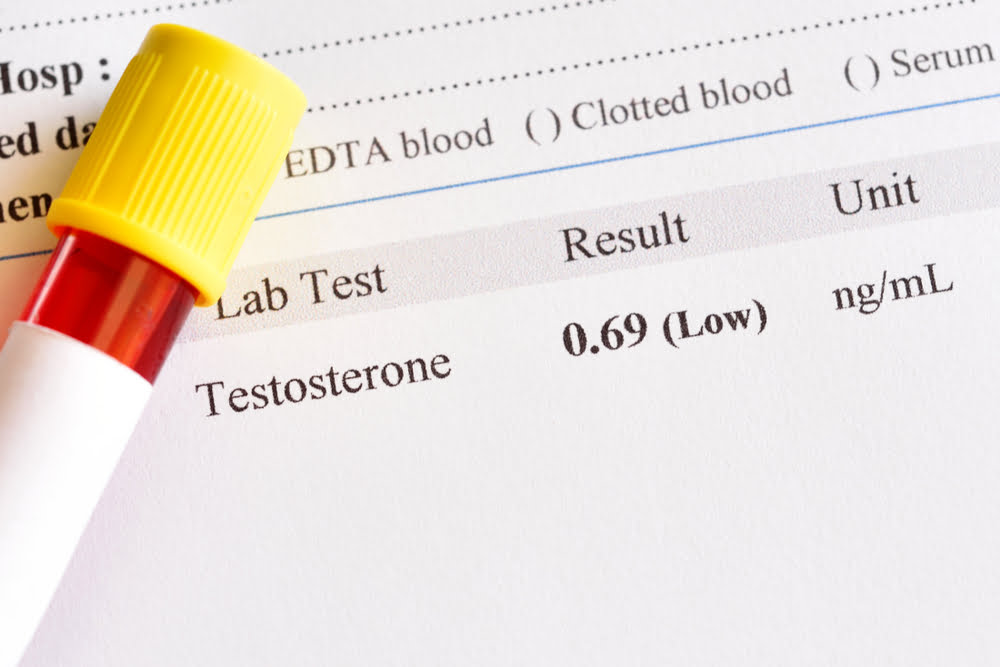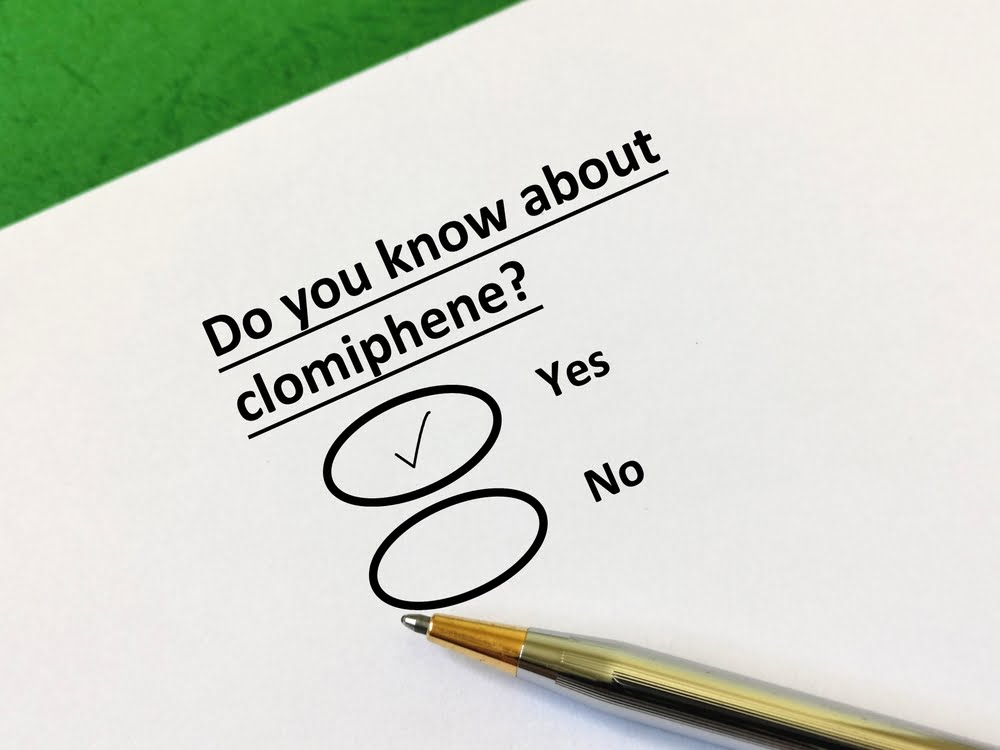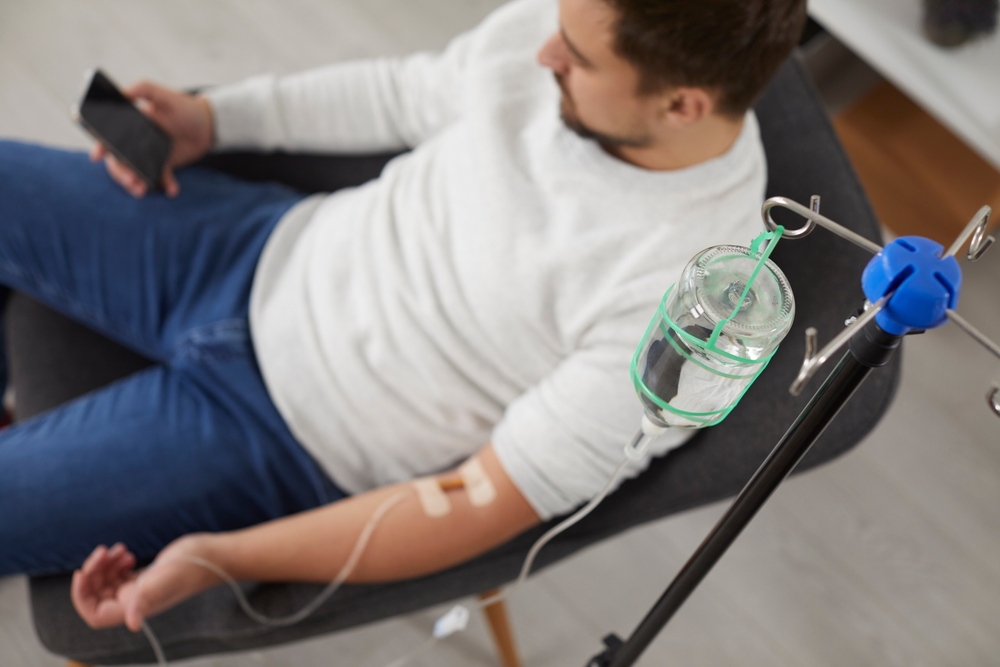Are you curious about some alternatives to testosterone replacement therapy? Our hormone experts have helped men of all ages and lifestyles naturally improve their testosterone levels and support healthy sex drive and performance. One of the treatment options is a medication called Clomid– read on to learn more about Clomid for low testosterone!
What is Clomid?
Clomid is a medication used for priming all necessary hormone levels for women who suffer from infertility. Clomid helps harbor an environment to produce egg production in ovulation.
 Clomid has a similar effect in males but we see an increase in testosterone and a reduction in estrogen. Clomiphene is also prescribed for men with secondary hypogonadism, a condition resulting in low sperm and/or testosterone levels.
Clomid has a similar effect in males but we see an increase in testosterone and a reduction in estrogen. Clomiphene is also prescribed for men with secondary hypogonadism, a condition resulting in low sperm and/or testosterone levels.
Not sure if you have low T? Symptoms can include decreased sex drive, erectile dysfunction, weight gain or loss of muscle, hair loss, and mood disorders. A simple blood test can determine whether you’re deficient in testosterone, and then treatment options like Clomid can be considered.
How does Clomid work?
Clomiphene (Clomid) helps by blocking that estrogen feedback and reducing the “off” signal to the pituitary, so that it can further stimulate the testes to produce testosterone.
How is Clomid different from traditional TRT?
There are several reasons why Clomid for low T is different from hormone replacement therapy. First, TRT gives your body the hormones it needs. It works rather quickly. If you were to stop taking TRT, your hormone levels could drop and there would need to be other ways to increase testosterone implemented. But with Clomid, these concerns are not an issue because it supports your body’s natural production of testosterone while also protecting fertility. We are seeing low T in younger and younger men, and fertility is something patients often ask about. Clomid would be more appropriate for someone still looking to grow their family.
Another difference is that Clomid may take a little longer to notice results than TRT; however, it is very effective in boosting testosterone levels and provides greater long-lasting benefits.
Are you a good candidate for Clomid for low testosterone?
 Is Clomid right for you? The best way to know is to talk with a sexual health specialist here at our functional medicine clinic. We look at your current symptoms, medical history, test results, and lifestyle choices in order to create a personalized treatment plan that will produce the most effective results. Men with secondary hypogonadism are most likely the best candidates for Clomid since the condition is an issue with the brain/pituitary gland rather than the testes’ ability to produce testosterone. Men over 75 or those with additional medical issues may not respond to Clomid, but every person is unique, so it’s important to discuss any and all options when it comes to testosterone-boosting treatments and medications.
Is Clomid right for you? The best way to know is to talk with a sexual health specialist here at our functional medicine clinic. We look at your current symptoms, medical history, test results, and lifestyle choices in order to create a personalized treatment plan that will produce the most effective results. Men with secondary hypogonadism are most likely the best candidates for Clomid since the condition is an issue with the brain/pituitary gland rather than the testes’ ability to produce testosterone. Men over 75 or those with additional medical issues may not respond to Clomid, but every person is unique, so it’s important to discuss any and all options when it comes to testosterone-boosting treatments and medications.
Do you have questions about Clomid for low testosterone or want to know how to get started? Request an appointment regarding men’s sexual health today. We look forward to hearing from you and helping you get back to feeling like yourself again!














